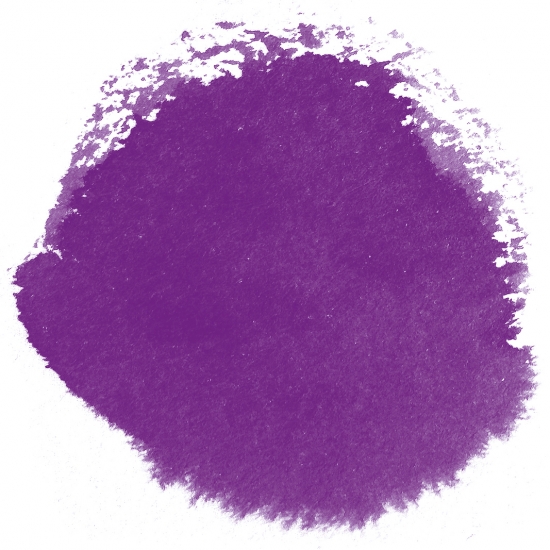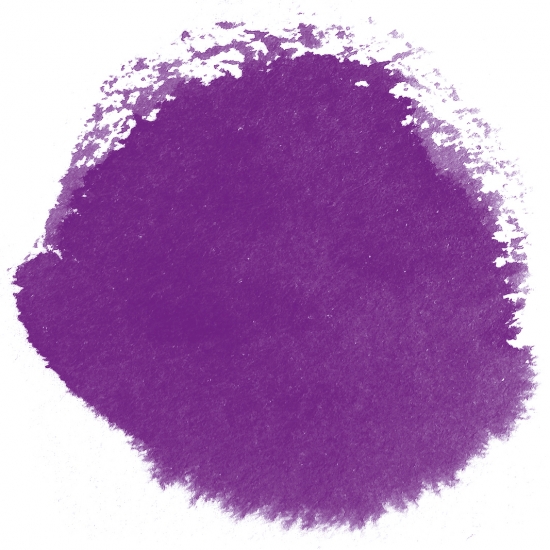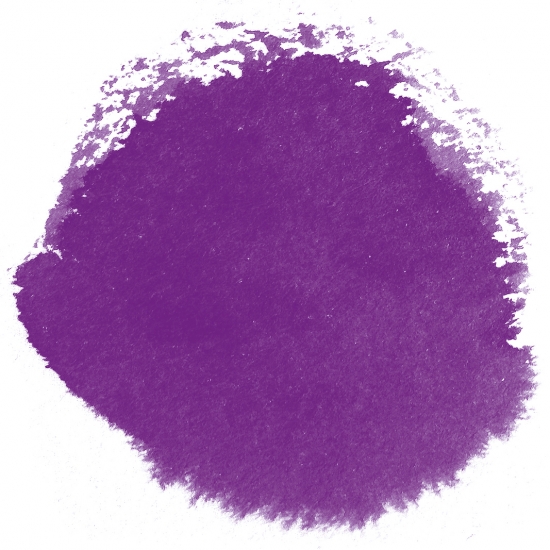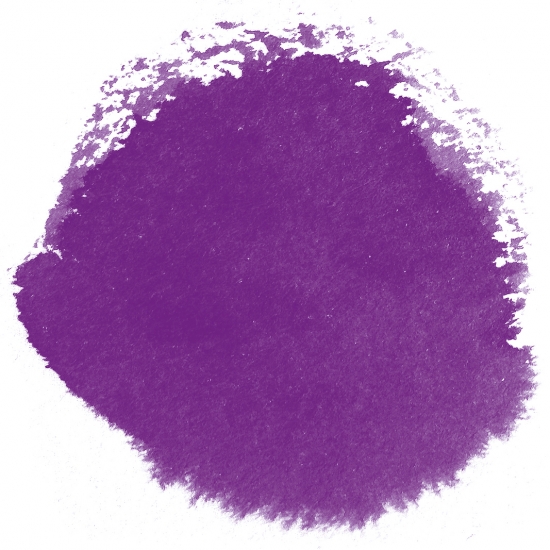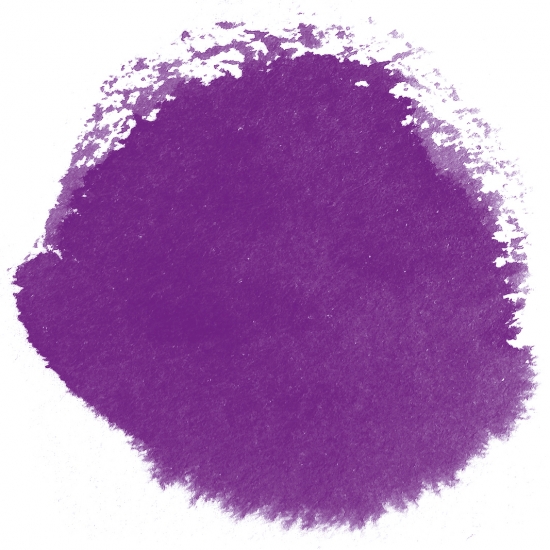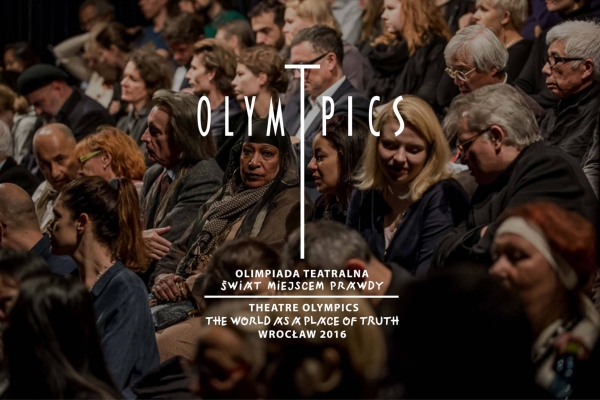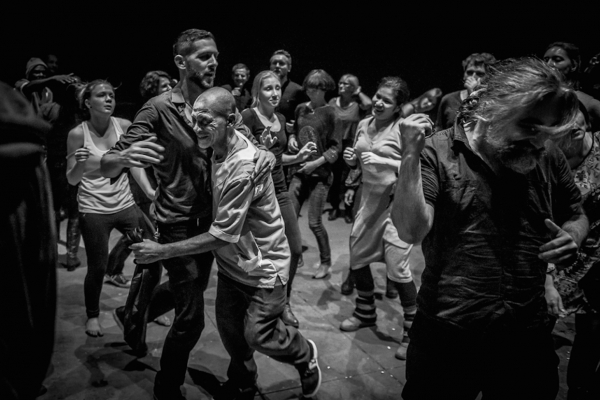Dziady Recycling Festival: discussions and a lecture
Join us for discussions and a lecture on ancestral cults, collective memory and Dziady as a living Polish myth. The events are in Polish with English interpretation.
To Blaspheme or to Create Myths? To Challenge and Debunk or to Sanctify?
30 October, 10:00
How can art be put to use by societies today? Can it be used to mythologise and sanctify their current form? Or perhaps it can serve to perpetually call into question ‘that which is’ – to blaspheme against that which is held sacred, in the name of an insatiable quest for the truth of a living experience.
Chair: Leszek Kolankiewicz
Other participants: Revd Andrzej Draguła, Paweł Goźliński, Grzegorz Niziołek, Maria Prussak, Weronika Szczawińska
The Materiality of Memory: Incarnating the Dead
31 October, 10:00
How new forensic identification technologies are changing the cultural meaning of mourning and commemorative ceremonies in the era of ‘exhumation fever’ that has engulfed many countries? What are the roles of diverse memory players, institutions and communities – from national states to social movements and NGOs to families and religious communities – in view of these changes?
Chair: Marcin Napiórkowski
Other participants: Ewa Domańska, Marije Hristova, Jay Winter
How Did Mickiewicz Play Forefathers’ Eve? Adam’s ‘Active Poetry’ at Collège de France
2 November, 10:00
A Lecture by Krzysztof Rutkowski
Poetry and religion as well as faith, hope and love became one for Adam Mickiewicz at Collège de France. The new poetry, which was performed with one’s whole self and, basically, repudiated writing, expressed the meaning of an extraordinary religious experiment. Convinced that drama was the highest form of poetry, Mickiewicz, did, un-did, played and enacted Forefathers’ Eve at Collège de France himself in front of a group of enraptured and dismayed spectators-participants.
What Kind of Forefathers’ Eve Do Poles Need?
3 November, 10:00
The starting point for this discussion will be the theses put forward by Jacek Kopciński in Powrót „Dziadów” czyli dwa teatry (The Return of Forefathers’ Eve, or Two Theatres), published in Teatr magazine (1/2016). In this article, Kopciński outlines the two main perspectives adopted by contemporary theatre makers in interpreting Adam Mickiewicz’s work. The author calls them ‘critical theatre’ and ‘theatre of an imagined community’.
Chair: Jacek Sieradzki
Other participants: Dariusz Kosiński, Jacek Kopciński, Paweł Goźliński, Jacek Hałas, Małgorzata Piekutowa
Forefathers’ Eve in the Theatre, or ‘What Is (Un)Thinkable in Poland’
4 November, 10:00
Are the directors of Forefathers’ Eve just ‘stagers’? What has been the role of audiences? How has the zeitgeist been reflected in the productions? A toxic arch-drama? Is Forefathers’ Eve an oppressive initiation to Polishness as some critics would have it? What does the term ‘emancipated spectator’ mean in the context of Forefathers’ Eve.
Chair: Zbigniew Majchrowski.
Other panellists: Łukasz Drewniak, Małgorzata Dziewulska, Marcin Kościelniak, Bogusław Kierc, Joanna Walaszek
